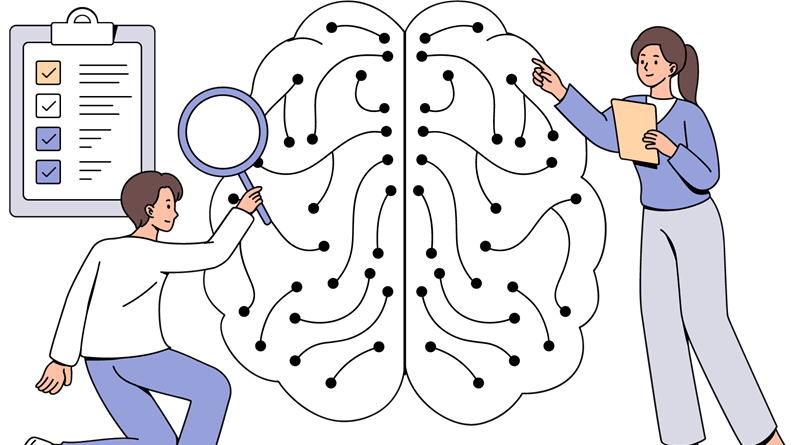Unlocking the Mystery of Intelligence
Intelligence is a complex and multifaceted concept that has been debated by experts for centuries. According to David Wechsler, intelligence is “the global capacity of an individual to think rationally, act purposefully, and deal effectively with the environment.”
Types of Intelligence
Researchers have identified several types of intelligence, including:
1. Analytical Intelligence: The ability to analyze situations, evaluate information, and make informed decisions.
2. Creative Intelligence: The ability to think outside the box, generate innovative ideas, and solve complex problems.
3. Practical Intelligence: The ability to adapt to everyday situations, navigate complex environments, and find practical solutions.
4. Emotional Intelligence: The ability to recognize and understand emotions in oneself and others, and to use this awareness to guide thought and behavior.
5. Fluid Intelligence: The ability to use logic and abstract thinking to solve problems in novel situations.
6. Crystallized Intelligence: The ability to use previously acquired knowledge and skills to solve problems.
Intelligence Tests
Several intelligence tests have been developed to measure cognitive abilities, including:
1. Binet-Simon Scale: A test that measures memory and problem-solving skills to estimate mental age.
2. Stanford-Binet Intelligence Scale: A test that measures five aspects of cognitive ability, including knowledge, quantitative reasoning, and visual-spatial processing.
3. WISC and WAIS: Tests developed by David Wechsler to measure intelligence and cognitive ability in children and adults.
Aptitude vs Achievement Tests
It’s essential to distinguish between aptitude tests, which measure potential to learn, and achievement tests, which measure knowledge already acquired.
Reliability of Intelligence Tests
Most intelligence tests are reliable, meaning that scores remain consistent over time and are not influenced by external factors.

